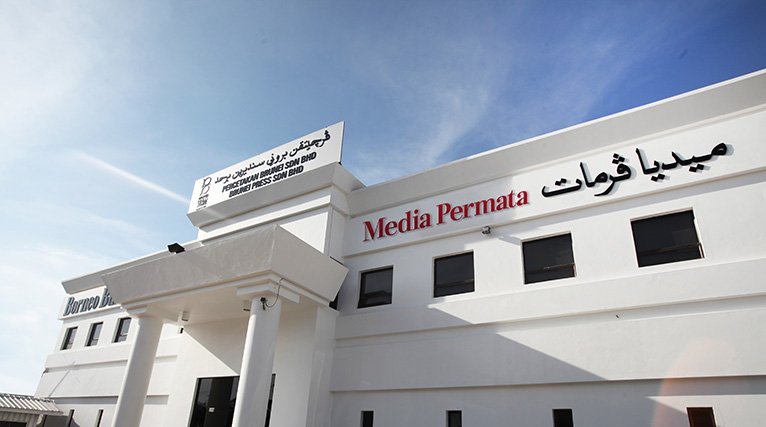
The state of civic space in Brunei is rated as ‘repressed’ by the CIVICUS Monitor and there has been no documented progress on improvements to fundamental freedoms. Brunei is an absolute monarchy in which the Sultan, the head of state, exercises executive power and in which there are no elected representatives at national level. The Sultan continues to wield power under a long-standing state of emergency imposed in 1984.
There are no provisions protecting freedom of speech in the constitution or laws. Long-standing emergency powers are used to restrict the right to assembly. The law does not provide for freedom of association and there are no human rights groups in the country. A few domestic organisations work on humanitarian issues, such as assistance for victims of domestic violence or provision of free legal counsel.
Expression
Press freedom rankings remain poor
Brunei is ranked in 117th place out of 180 countries in the Reporters Without Borders (RSF) 2024 Press Freedom Index published in May 2024.
According to RSF, press freedom is ‘virtually non-existent’ and self-censorship is the rule for journalists working for the leading daily newspapers.
All power is held by the Sultan, and the oppressive legislation, made even harsher by the adoption of a very strict version of Sharia, is enough to deter any comments in the media that could be interpreted as critical of the sultanate.
RSF also highlighted that publishing any content that undermines the “prominence of the national philosophy” is punishable by three years in prison under the sedition law. Journalists face five years in prison for a post or article deemed to be “malicious”. Finally, the new penal code, adopted in 2019, provides for nothing less than the death penalty for any statement or publication deemed to be blasphemous or to have advocated apostasy.
Restrictions on internet freedom
In April 2024, the US State Department published its Country Reports on Human Rights Practices. According to the report, the government restricted access to the internet, censored online content, and had the unrestricted legal right and capability to monitor private online communications.
The government monitored private email and internet chatroom exchanges it believed to be propagating subversive views, including those of religious minorities, or material on topics deemed immoral.
Further, according to the report, the Ministry of Transport and Infocommunications and the Prime Minister’s Office enforced the law requiring internet service providers and internet cafe operators to register with the director of broadcasting in the Prime Minister’s Office. The Attorney General’s Chambers and the Authority for the Infocommunications Technology Industry advised internet service and content providers to monitor items posted on their sites for content contrary to the public interest, national harmony and social morals.
Internet companies self-censored content and reserved the right to cut off internet access without prior notice.
Peaceful Assembly
Restrictions on the right to assemble
According to the US State Department report, the government’s emergency powers restricted the right to assembly. Public gatherings of 10 or more persons required a government permit, and police could disband an unofficial assembly of five or more persons deemed likely to cause a disturbance of the peace. Permits required the approval of the Minister of Home Affairs. Organisers of events on sensitive topics tended to hold meetings in private rather than apply for permits, or practised self-censorship at public events.